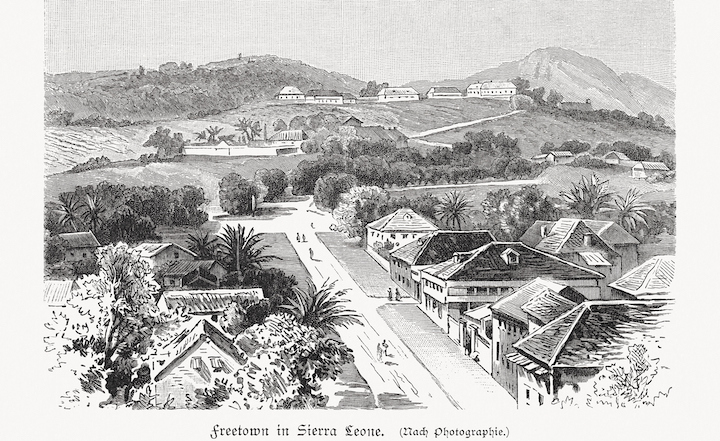Litwin
Platinum Member
there are too many myths about Atlantic slavery, BBC has been promoted them for ages , why our mainstream media promote American Black activists highly mythological worldview on the history ?

 www.spectator.co.uk
Our researcher identified several programmes where serious problems arose. Turning briefly to radio, a programme fronted by Kit de Waal and Zeinab Badawi devoted to Sarah Forbes Bonetta mentioned slave revolts in Jamaica in the 1860s. Slavery had been abolished across the British Empire in 1833....Similar objections arise to Enslaved with Samuel L. Jackson, where Afua Hirsch interviewed Dr Wilhelmina Donkoh, who opined that in Africa there were no slaves, only ‘unfree people’. This betrays deep ignorance about the nature of slavery. It has taken many forms, from agricultural serfdom to slave sultans in medieval Egypt. But there certainly were slaves in the despotically ruled Kingdom of Benin,...
www.spectator.co.uk
Our researcher identified several programmes where serious problems arose. Turning briefly to radio, a programme fronted by Kit de Waal and Zeinab Badawi devoted to Sarah Forbes Bonetta mentioned slave revolts in Jamaica in the 1860s. Slavery had been abolished across the British Empire in 1833....Similar objections arise to Enslaved with Samuel L. Jackson, where Afua Hirsch interviewed Dr Wilhelmina Donkoh, who opined that in Africa there were no slaves, only ‘unfree people’. This betrays deep ignorance about the nature of slavery. It has taken many forms, from agricultural serfdom to slave sultans in medieval Egypt. But there certainly were slaves in the despotically ruled Kingdom of Benin,...
King Ghezo in Dahomey. The king is supposed to have said: ‘the slave trade has been the ruling principle of my people. It is the source of their glory and wealth. Their songs celebrate their victories and the mother lulls the child to sleep with notes of triumph over an enemy reduced to slavery.’
The failure of several BBC programmes to mention the role of African rulers in the acquisition and export of slaves,

The BBC is failing impartiality with its history documentaries
It is incumbent on the BBC to represent a variety of viewpoints. That means understanding ‘diversity’ properly, so as to embrace diversity of opinion.
King Ghezo in Dahomey. The king is supposed to have said: ‘the slave trade has been the ruling principle of my people. It is the source of their glory and wealth. Their songs celebrate their victories and the mother lulls the child to sleep with notes of triumph over an enemy reduced to slavery.’
The failure of several BBC programmes to mention the role of African rulers in the acquisition and export of slaves,
Last edited:
